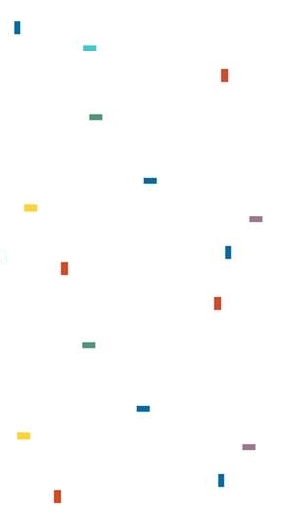The Creative Gesture – International and Interdisciplinary Symposium
University of Molise, Campobasso (Italy).
May 28-30, 2024.
Creativity is now an important agenda appointment: the phenomenon is unequivocally attested to by the growth of creative consulting agencies and departments for Creativity in organizations, by the surge of books on “how to do it,” by the expansion of research on the subject, by the establishment of institutes for Creativity and by its applications in the organizational field. Being creative today pays off. It remains true, however, that the value of the creative attitude, now back to being esteemed and sought after, goes far beyond the immediate usefulness of its instrumental applications. Creativity is a dynamic that has to do with the very expression of human action, with humanity’s identity, its values, and social and civil achievements. It, therefore, has to do with social relations and, in particular, with relationships that insist on the human dimension of interactions, particularly for those on which we need to rely.
A first step towards a more precise relational approach comes from the notion of “gesture” that some authors from different disciplines have addressed in the late years, using a notion already present in linguistics, philosophy, philosophy of mathematics, and sociology but transforming its meaning. Gesture can be a particular body motion but also an event that includes specific moves, a mathematical drawing, a scientific experiment, or an artistic performance. Beyond any specific definition, the notion of gesture can cover the idea of a particular action that has creativity among its distinctive characteristics.
The International and Interdisciplinary Symposium The Creative Gesture intends to establish an up-to-date point in the research devoted to creativity. To this end, it envisages the presence of interdisciplinary round tables (plenary sessions) alternating with thematic parallel sessions and living labs. The target disciplines for the symposium include Anthropology, Archaeology, Arts and Literature, Cognitive Science, AI Engineering/Architecture, Law, Pedagogy, Philosophy, Psychology, Sociology, and Creative professions.
Possible topics include but are not limited to:
● Creativity and digital technologies
● Civic creativity and social change
● New technologies at the service of archaeology and cultural heritage
● Creativity and vagueness/ambiguity
● Communication, creativity, and relationship
● Genius and groups creativity
● Cognitive science/4EA and creativity
● Imaginaries, aspirations, meta worlds
● Artificial intelligence in arts
● Possibility studies (relating creativity to other psychological processes)
● The development of creativity
● Creative explorations into everyday spaces
● Creative jurisprudence and legal problem solving
● Educating with creativity: teaching styles, learning styles, methods, and settings
● Creativity and performance arts
● Communication and dissemination of archaeology and cultural heritage
● Culinary archaeology and food innovation
The symposium is the conclusive event of the academic and regional project, “MyExperience Molise,” aimed at the enhancement/communication of the contents related to the archaeological excavations that the University of Molise has been conducting over the territory. The symposium aims to activate a co-creation process to revitalize the new archaeological excavations and use them as a hub for valorizing the rural territory in which they are located.
Confirmed Keynote Speakers
Chiara Ambrosio University College London
Giovanni Emanuele Corazza University of Bologna
Noel Fitzpatrick TU, Dublin
Maria Chiara Leva TU, Dublin
Peter Osborne Kingston University London
Wendy Ross London Metropolitan University
Stella Sandford Kingston University London
Anna Lisa Tota Roma Tre University
Scientific Committee
Pier Paolo Bellini Università degli Studi del Molise
Michela Bella Università degli Studi del Molise
Giovanni Maddalena Università degli Studi del Molise
Vlad Glăveanu DCU, Dublin
Noel Fitzpatrick TU, Dublin
Maria Chiara Leva TU, Dublin
Organizing Committee
Marco Stefano Birtolo Università degli Studi del Molise
Rebeca Andreina Papa Università degli Studi del Molise
Simone Bernardi della Rosa Università degli Studi del Molise
Alessandro Mauro Università degli Studi del Molise
Submission Guidelines
Submissions should be made online via Easychair: https://easychair.org/conferences/?conf=thecreativegesturesy0
If interested in presenting a paper, please submit an abstract of 400-600 words plus references prepared for peer review. The submission abstracts are expected to include a clear description of the paper’s contents and its contribution to its field of inquiry. The final paper should be suitable for a 20-minute presentation (followed by a 10-minute discussion). Early career researchers without academic support whose papers are accepted for the program can apply for a financial contribution.
Deadline for submission: January 14, 2024 (Midnight CET)
Notification of acceptance: February 29, 2024
If you have any questions, you can reach out to us at cor@unimol.it
Website: https://myexperiencemolise.it/en-gb/UNIMOL-COR/Conference
